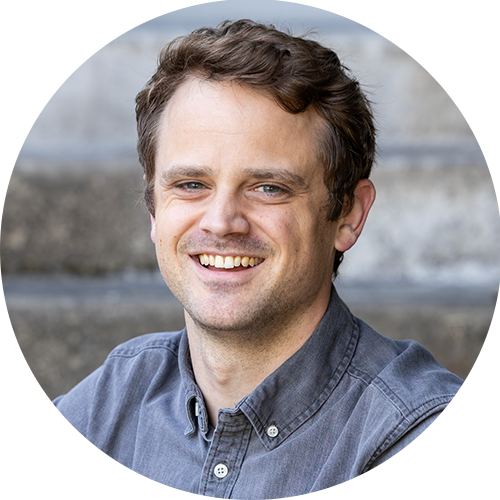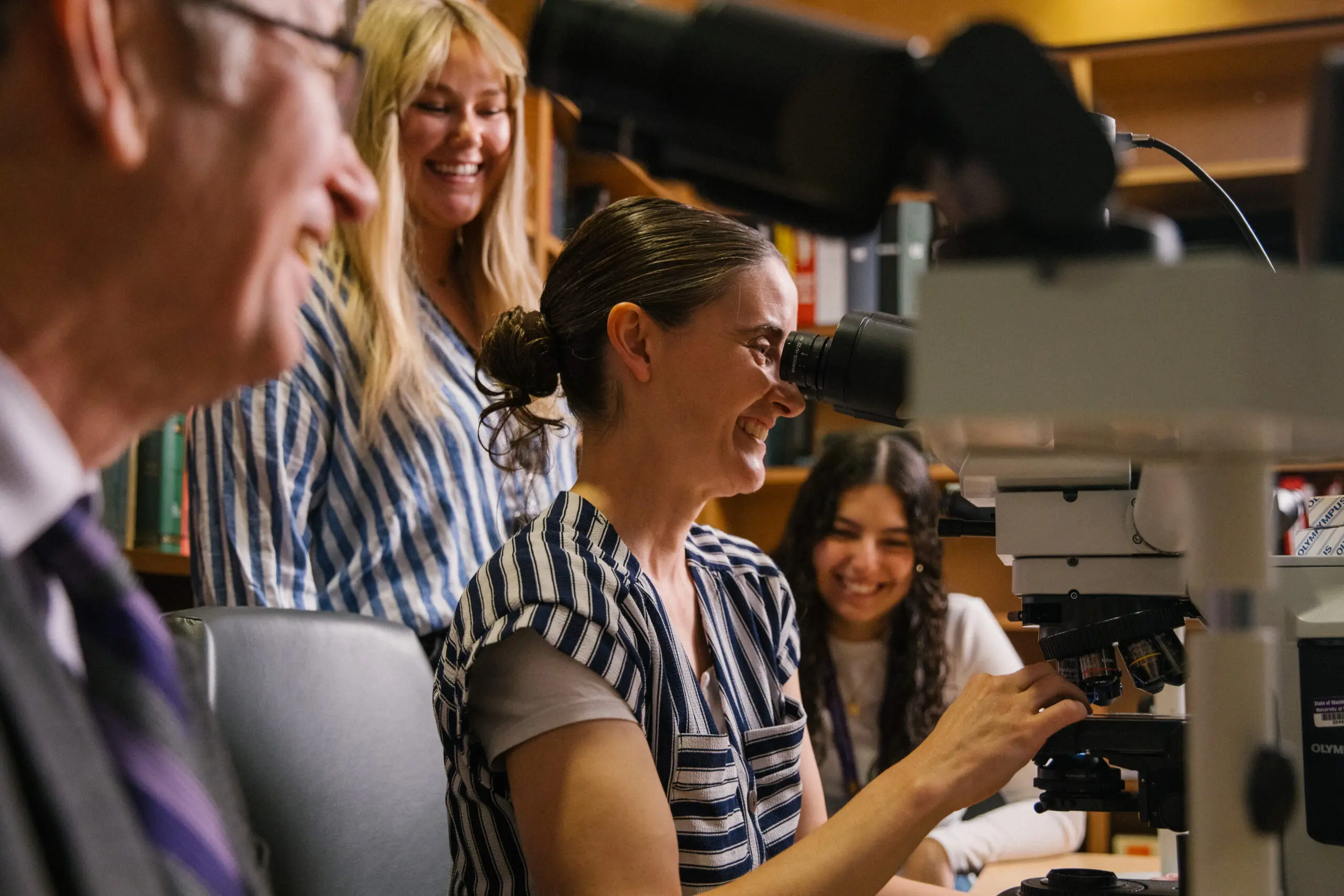
Ian Engerbretson, MD ’24
Growing up in Moscow, Idaho, I always knew I wanted to work in healthcare. I was that weird kid who liked going to the doctor and getting shots. There was just something impressive about the medical environment, and I was enamored with any school subject related to health science.
When it came time to make a decision about college, I chose nursing because it seemed really exciting. I remember being part of a code blue at the hospital where I was a CNA (certified nursing assistant) and the nurses were running around the bed starting IVs and giving medications, and I thought, “Oh, I want to do that too.” It looked more fun than being the doctor standing at the foot of the bed trying to figure out what was wrong.
I graduated from nursing school in 2015 and worked in the ICU at Saint Joseph’s Regional Medical Center in Lewiston, Idaho, for six years. Eventually, I became an EMT, too, because I was thinking about becoming a flight nurse. But as I became more competent as a nurse, I realized that I wanted to further develop those skills and learn how to ultimately diagnose the illness, which I think is really the crux of being a physician. I also saw firsthand how the rural communities in Idaho desperately needed more doctors.
As a husband and the father of two small children at the time, it wasn’t only my decision, though. When I came home one day, saying, “Yeah, I think I need to go to med school,” my wife just said, “Okay, let’s do it.” And she was just all aboard, which is such a blessing.

